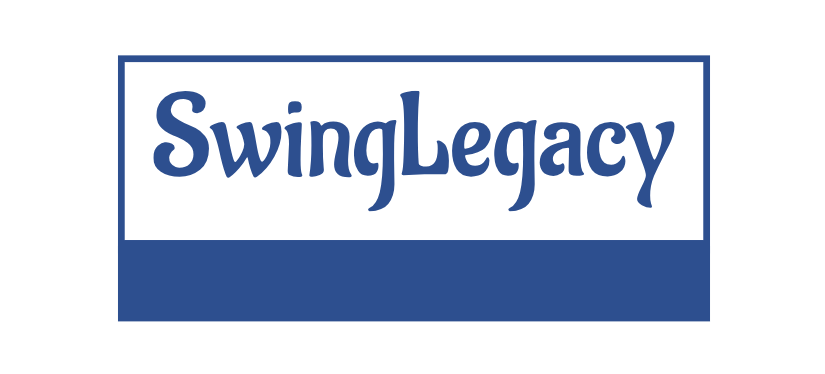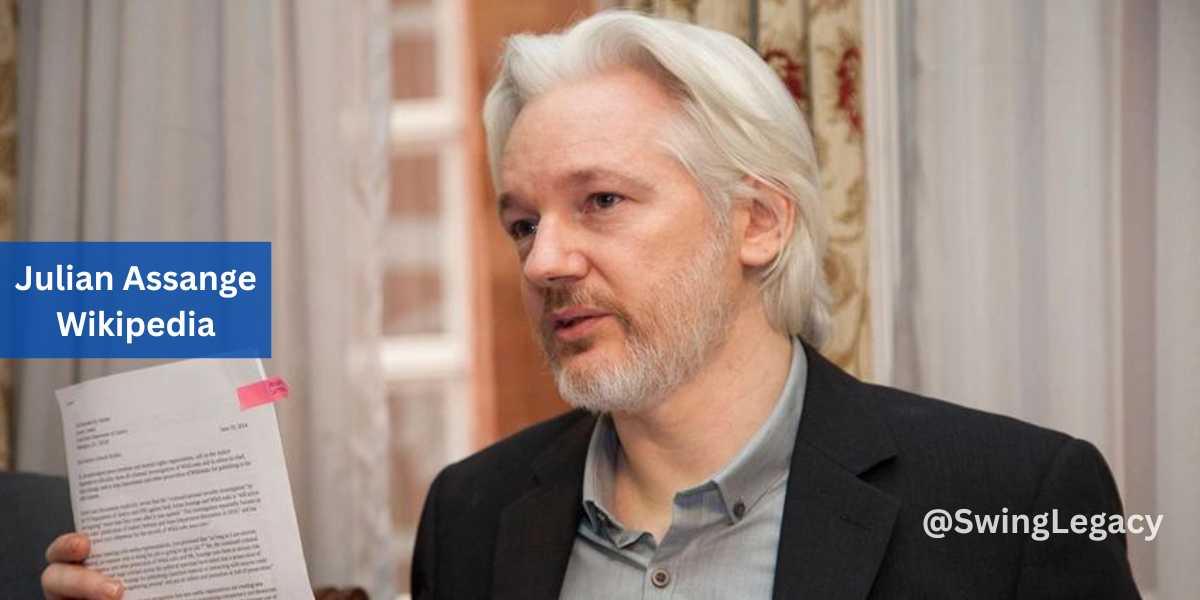Julian Assange, founder of WikiLeaks and an icon in global politics and journalism for over two decades. Born July 3, 1971 in Townsville Queensland, Assange has stirred heated global discussions surrounding freedom of information, privacy concerns and national security concerns.
Who is Julian Assange?
Julian Assange is an Australian editor, publisher, and activist best known for founding WikiLeaks in 2006. Since 2010, Assange and WikiLeaks have made headlines by publishing leaks provided by U.S. Army intelligence analyst Chelsea Manning that revealed video footage from an American airstrike over Baghdad as well as logs detailing both wars as well as extensive diplomatic cables from U.S. diplomats residing abroad.
What Caused Assange’s Rise in Prominence?
Assange’s early life was marked by frequent moves around Australia that contributed to his development as computer programming and hacker. By mid-1990s he had plunged headlong into hacking under Mendax before facing legal ramifications; yet it was WikiLeaks which catapulted him from anonymity into international recognition as both activist and public figure.
How Did WikiLeaks Affect Global Politics?
WikiLeaks made significant inroads into global politics through their release of classified information. Their publication of sensitive material often pitted it against powerful governments like that of the US; for instance the release of Collateral Murder video and diplomatic cables revealed details regarding international diplomacy, military operations and their inner workings and caused debate over ethical journalism practices and public right to information.
What Legal Challenges Has Assange Faced?
In November 2010, Sweden issued a European arrest warrant against Assange over allegations of sexual assault which he denied as being falsely used to extradite him to the U.S. After losing his appeal against it in 2012, Assange sought sanctuary at Ecuadorian Embassy in London where they granted asylum as an attempt to prevent extradition back to U.S. where they fear facing severe charges related to WikiLeaks activities and possibly extradition as punishment for his activities there.
What were the Consequences of Assange’s Asylum?
Its Julian Assange was granted asylum until April 2019 when it was abruptly terminated amid disputes with Ecuadorian authorities, leading him to be immediately arrested by British police for breaching Bail Act and then charged by US authorities with conspiracy, computer intrusion and violating Espionage Act violations related to publishing classified U.S. documents.
How Did Assange Respond to U.S. Legal Actions?
On June 24th 2024, Assange made headlines when he struck an unprecedented plea bargain agreement and agreed to plead guilty on charges related to conspiring to obtain and disclose classified U.S. defense documents – with U.S. prosecutors promising him immediate release pending sentencing decisions by their system.
Conclusion: What Is Julian Assange’s Legacy?
Julian Assange has left behind an intricate legacy. For some, he stands as a hero and martyr for transparency and free press; to others he represents criminal activity under the pretext of public interest. Legal battles fought by WikiLeaks’ activities continue to fuel heated discussions on government transparency versus national security balance issues; even after Assange is no longer behind bars discussions regarding its implications on journalism and international politics are sure to persist for some time after his potential release.

